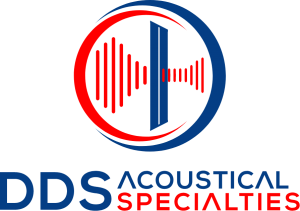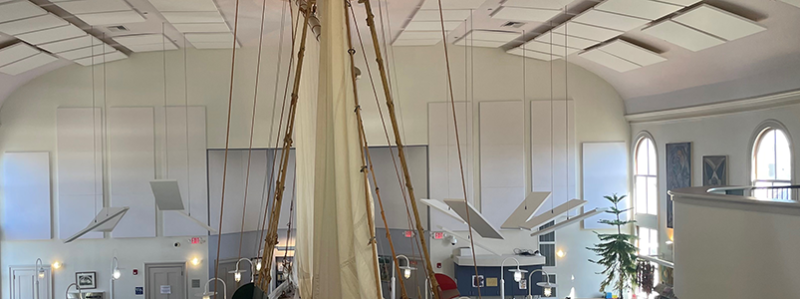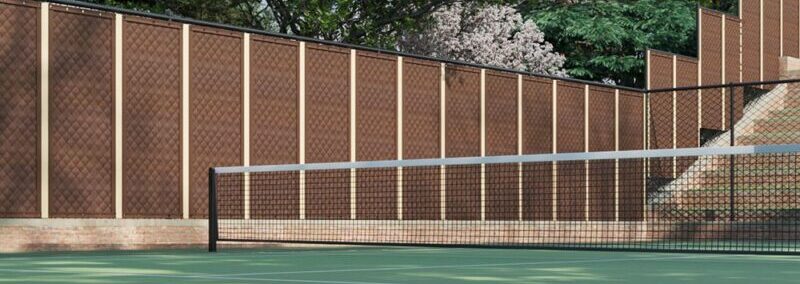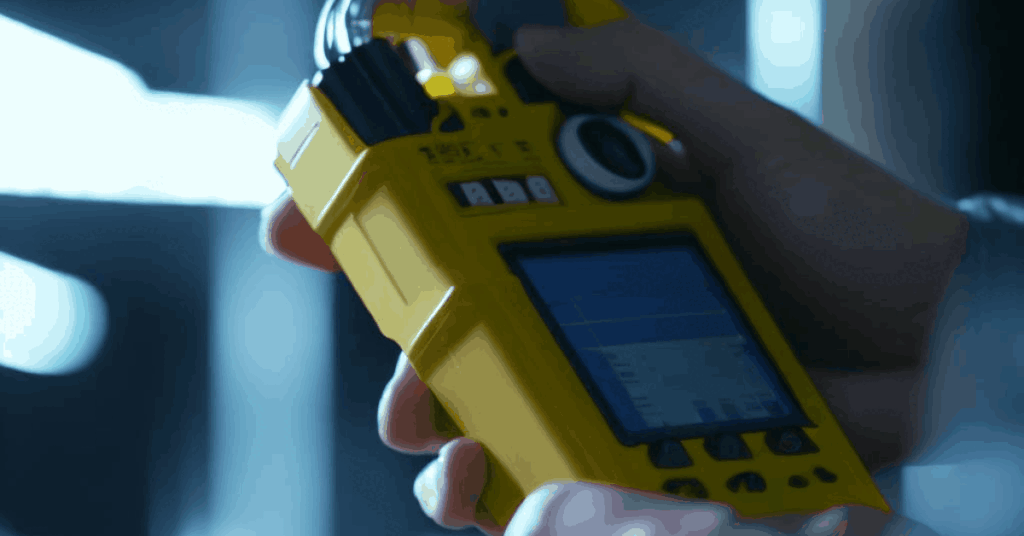
Techniques for Reducing Noise in Manufacturing Processes
In today’s fast-paced manufacturing landscape, mitigating noise is essential for the well-being of workers and the overall efficiency of operations. Excessive noise poses risks to employee health, hampers productivity, and impacts product quality. This comprehensive guide presents practical strategies for reducing noise in manufacturing processes. Discover effective techniques to create a quieter and safer workplace environment while optimizing your manufacturing endeavors.
Assessing Noise Levels
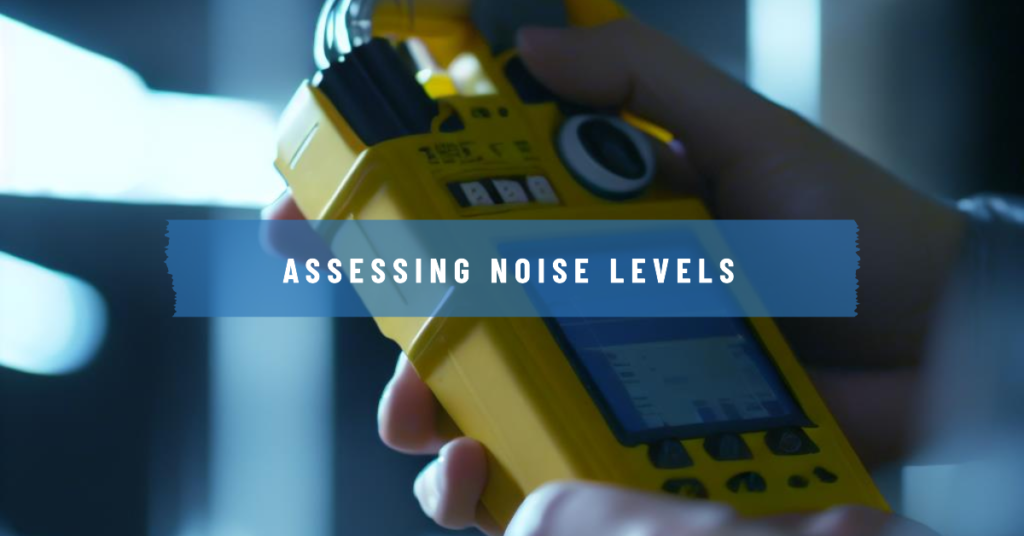
To effectively address noise-related concerns, begin by conducting a thorough assessment of noise levels in your manufacturing facility. Measure and identify areas with high noise intensity to pinpoint the primary sources. This evaluation provides valuable insights for developing baseline data and monitoring the impact of noise reduction efforts.
Basic noise level readings can be conducted using your phone and the NIOSH Sound Level Meter App. However, we recommend that you contact a professional with access to professional grade sound meters for a full, in-depth assessment or sound survey.
Implementing Engineering Solutions
Engineering controls involve modifying or replacing machinery and equipment to reduce noise generation at its source. Consider incorporating noise-reducing technologies such as vibration isolators, silencers, or mufflers. Utilize noise-dampening materials, enclosures, or barriers to isolate loud equipment. Routine equipment maintenance and lubrication also contribute to noise reduction by preventing wear-related noise.
Optimizing Process Design
Optimizing process design plays a vital role in minimizing noise levels during manufacturing. Analyze production sequences, adjust speeds, or introduce buffering mechanisms to reduce sudden stops, starts, or impacts that generate excessive noise. Collaborate with experts to identify noise reduction opportunities without compromising efficiency or product quality.
Providing Personal Protective Equipment
If all the above solutions are inefficient, prioritize employee safety by equipping workers with appropriate personal protective equipment (PPE). Noise-cancelling earmuffs or earplugs effectively protect against excessive noise exposure. Ensure employees receive proper training on PPE usage and maintenance to maximize their benefits.
Investing in Employee Training and Awareness
Raising employee awareness and providing comprehensive training on noise management significantly contribute to noise reduction efforts. Educate your workforce on the risks associated with excessive noise exposure and emphasize the correct and consistent use of PPE. Encourage prompt reporting of noise-related concerns and foster a safety-focused culture.
Regular Maintenance and Monitoring
Establish a proactive maintenance program to keep machinery in optimal condition. Regular inspections, lubrication, and repairs prevent noise issues caused by mechanical failures. Continuously monitor noise levels to swiftly address emerging problems and maintain a peaceful work environment.
Reducing noise in manufacturing processes ensures a safer and more efficient workplace environment. By conducting noise assessments, implementing engineering solutions, optimizing process design, providing proper PPE, investing in employee training, and maintaining equipment diligently, manufacturers can effectively minimize noise levels. Prioritizing noise reduction not only safeguards employee well-being but also enhances operational efficiency and product quality. Employ these practical techniques to create a quieter manufacturing environment and experience the positive impact it brings.
-
April 11, 2024
Acoustic Improvements at Provincetown Public Library
-
November 16, 2023
How to Soundproof a Room
-
September 26, 2023
Quieting the Racket: Understanding Pickleball Noise and Effective Solutions
